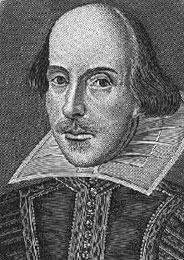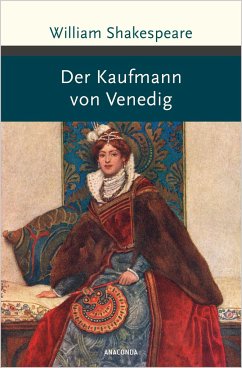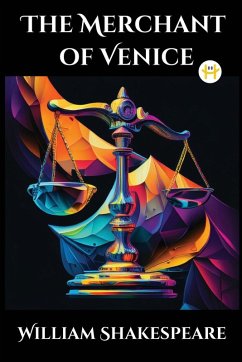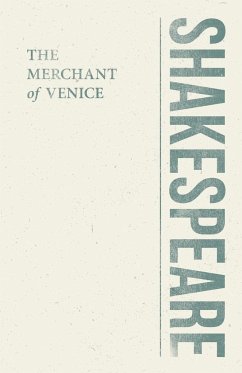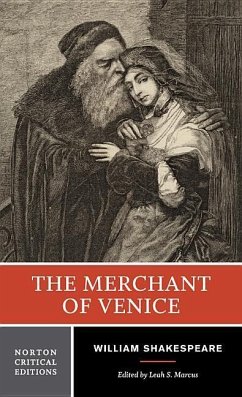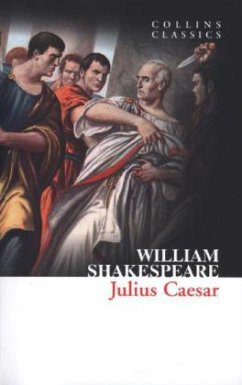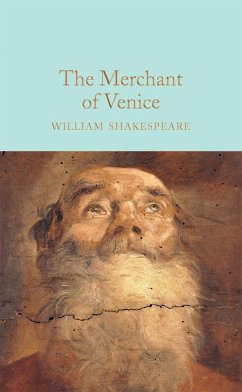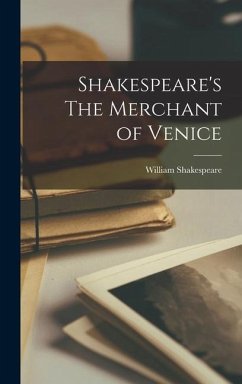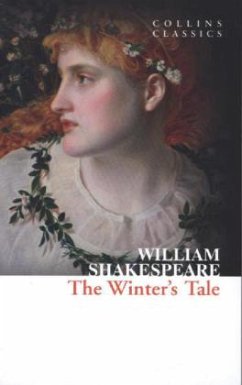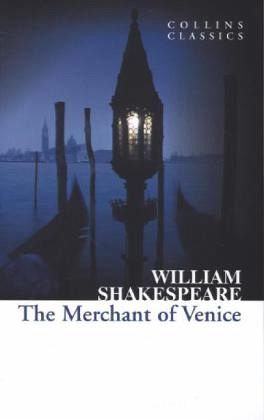
The Merchant Of Venice
Versandkostenfrei!
Sofort lieferbar
4,99 €
inkl. MwSt.

PAYBACK Punkte
2 °P sammeln!
HarperCollins is proud to present its incredible range of best-loved, essential classics.'The quality of mercy is not strain'd,It droppeth as the gentle rain from heaven'Bassiano, a noble Venetian, hopes to woo the beautiful heiress Portia. However, he requires financial assistance from his friend Antonio. Antonio agrees, but he, in turn, must borrow from the Jewish moneylender Shylock. As recourse for past ills, Shylock stipulates that the forfeit on the loan must be a pound of Antonio's flesh. In the most renowned onstage law scene of all time, Portia proves herself one of Shakespeare's most...
HarperCollins is proud to present its incredible range of best-loved, essential classics.
'The quality of mercy is not strain'd,
It droppeth as the gentle rain from heaven'
Bassiano, a noble Venetian, hopes to woo the beautiful heiress Portia. However, he requires financial assistance from his friend Antonio. Antonio agrees, but he, in turn, must borrow from the Jewish moneylender Shylock. As recourse for past ills, Shylock stipulates that the forfeit on the loan must be a pound of Antonio's flesh. In the most renowned onstage law scene of all time, Portia proves herself one of Shakespeare's most cunning heroines, disguising herself as a lawyer and vanquishing Shylock's claims; meanwhile, Shylock triumphs on a humanitarian level with his plea for tolerance: 'Hath not a Jew eyes?'
Viewed paradoxically as anti-Semitic, while at the same time powerfully liberal for its time, The Merchant of Venice is at its core a bittersweetdrama, exploring the noble themes of prejudice, justice and honour.
'The quality of mercy is not strain'd,
It droppeth as the gentle rain from heaven'
Bassiano, a noble Venetian, hopes to woo the beautiful heiress Portia. However, he requires financial assistance from his friend Antonio. Antonio agrees, but he, in turn, must borrow from the Jewish moneylender Shylock. As recourse for past ills, Shylock stipulates that the forfeit on the loan must be a pound of Antonio's flesh. In the most renowned onstage law scene of all time, Portia proves herself one of Shakespeare's most cunning heroines, disguising herself as a lawyer and vanquishing Shylock's claims; meanwhile, Shylock triumphs on a humanitarian level with his plea for tolerance: 'Hath not a Jew eyes?'
Viewed paradoxically as anti-Semitic, while at the same time powerfully liberal for its time, The Merchant of Venice is at its core a bittersweetdrama, exploring the noble themes of prejudice, justice and honour.



